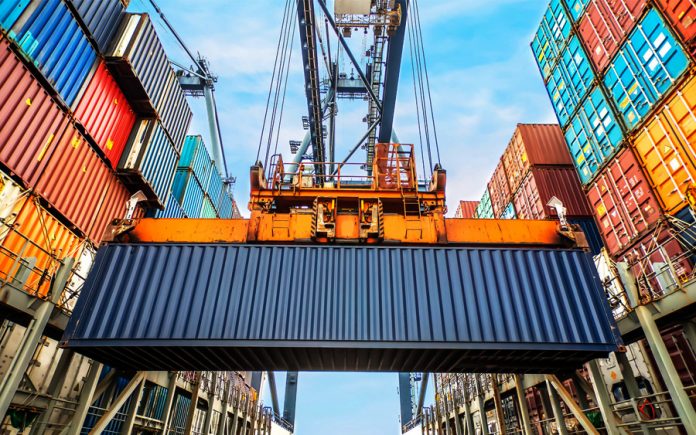European politicians and analysts said on Thursday that EU institutions are being forced to acknowledge the erosion of democracy in Serbia, but warned the bloc has yet to shift decisively away from supporting President Aleksandar Vučić’s government.
Bodo Weber, a Balkans analyst, told N1 television that debate in the European Parliament showed Brussels could no longer ignore months of escalating violence against protesters. But he cautioned this did not amount to a political turning point.
“I remain sceptical that we are at the stage of an alternative policy beyond the current close alliance with Vučić’s regime,” Weber said. “It would require strong engagement by the European Union to send a clear signal that for a Serbia with such a regime, the path to EU membership is closed.”
Weber said he was encouraged by European People’s Party (EPP) leader Manfred Weber’s pledge to review the membership of Vučić’s ruling Serbian Progressive Party (SNS) in the centre-right group. But he added he doubted the party would be suspended soon, though he argued the EPP should take that step.
Austrian MEP Lukas Mandl Brandstetter told N1 in Strasbourg he was not surprised European Commission President Ursula von der Leyen did not mention Serbia in her parliamentary address. He accused her of being too close to Vučić, contrasting her approach with Enlargement Commissioner Marta Kos, who he said was engaging more openly with Serbian civil society.
“The Commission should follow Kos’s course, not von der Leyen’s,” Brandstetter said. “Some in Brussels fear that if we are too critical of Vučić, he will move closer to China or Putin. But Vučić must decide if he wants to be with Europe or against it.”
Brandstetter said EPP members also faced a choice about their values. “You cannot sit on two chairs. Either you uphold EPP values or you stand with authoritarian leaders, and that is not part of the EPP’s tradition,” he said.



